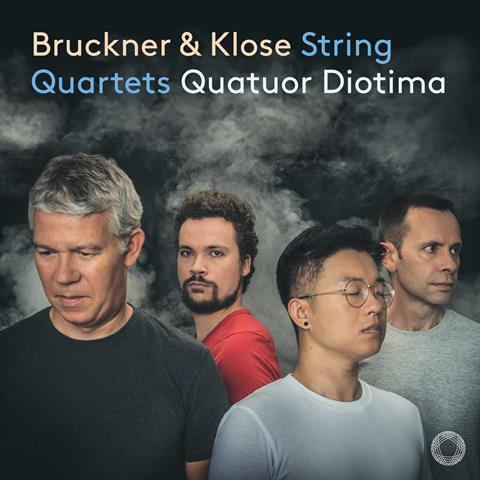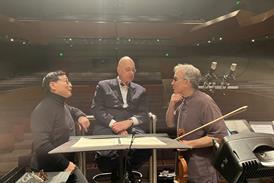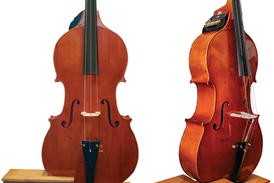A master of the symphony turns inward to fine effect

The Strad Issue: December 2024
Description: A master of the symphony turns inward to fine effect
Musicians: Diotima Quartet
Works: Bruckner: String Quartet in C minor; Rondo in C minor; Theme with Variations in E flat major. Klose: String Quartet in E flat major
Catalogue number: PENTATONE PTC5187217
An illuminating booklet essay by Jan David Schmitz makes the point worth stressing that Bruckner saw composition as a scientific endeavour – a branch of learning – even from early on. He continued taking lessons until well into middle age and then became a devoted teacher for the rest of his life, not least because writing symphonies never came close to paying the bills.
Equally worth stressing, as the Diotima Quartet demonstrates, is that Bruckner saw no conflict between scholarship and personal expression. Indeed, for him, mastery of one opened the door to the other. He was already 38 when he wrote this C minor Quartet, and both form and part-writing glow with under-appreciated maturity, as well as unusual concision. Anyone still allergic to Bruckner the symphonist should find the Diotima a persuasive advocate, especially its tender phrasing of the Andante and Haydnesque ebullience in the Scherzo.
The Diotima’s background in new and 20th-century music also serves it well in unpicking the intricate form and lush harmony of the much longer quartet by a Bruckner pupil, Friedrich Klose (1862–1942), who followed in his teacher’s footsteps by becoming a teacher of theory. Dating from 1908–11, Klose’s quartet breathes in the same, dense atmosphere as Schoenberg’s First Quartet. The finale in particular is carried to Schubertian lengths, minus the good tunes. However, patience and familiarity bring their rewards in this music (as they do in Bruckner’s), and the Diotima phrases with Viennese sweetness and breadth.
PETER QUANTRILL
Read: France’s Quatuor Diotima take up residency in Chicago









































No comments yet